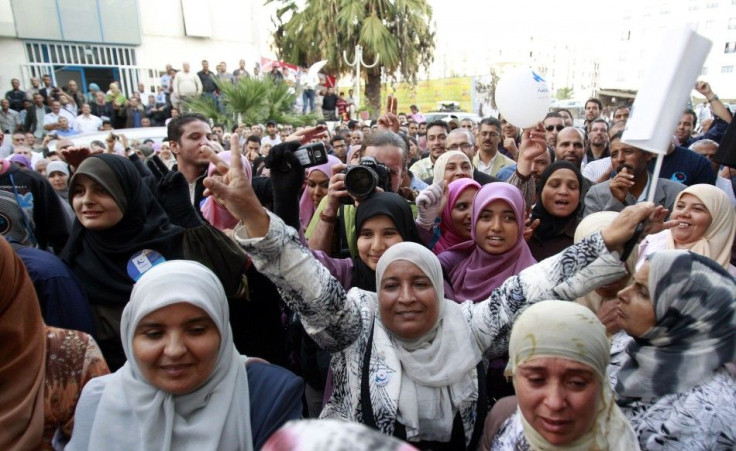NYPD Monitored Muslim Students, Collected Minor Details Including How Many Times They Prayed

The New York Police Department (NYPD) has defended monitoring Muslim college students beyond the city limits to collect details including how many times they prayed.
NYPD monitored Muslim students and professors, including those from Ivy League institutes like Yale University and University of Pennsylvania, between 2006 and 2007, by sending an undercover agent on a whitewater rafting trip, who recorded student names and other details in police intelligence dossiers prepared for New York Police Commissioner Raymond Kelly, the Associated Press reported.
Detectives regularly monitored personal and official Web sites of Muslim students and professors almost daily, even though they had no history of misconduct or arrest.
Police spokesperson Jesse Morton defended the NYPD action by providing a list of 12 people arrested on terrorism charges in the U.S. and abroad who had once been members of Muslim student associations, which the police call MSAs.
The Islamic cleric, Anwar al-Awlaki, who declared war against the U.S. in 2010 from his hide-out in Yemen, was an MSA member at the Colorado State University campus where he studied engineering.
Jesse Morton, who recently pleaded guilty to posting threats on the Internet against Trey Parker and Matt Stone, the creators of animated comedy series South Park, had once tried to recruit members to the MSA at Stony Brook University on Long Island.
As a result, the NYPD deemed it prudent to get a better handle on what was occurring at MSAs, Browne told the AP. Browne maintained that the police collected only the publicly available information.
However, Muslim students think the constant police monitoring is a definite case of civil rights violation and privacy infringement.
I see a violation of civil rights here, Tanweer Haq, chaplain of the Muslim Student Assn. at Syracuse University said. Nobody wants to be on the list of the FBI or the NYPD or whatever. Muslim students want to have their own lives, their own privacy and enjoy the same freedoms and opportunities that everybody else has, he said.
© Copyright IBTimes 2025. All rights reserved.






















